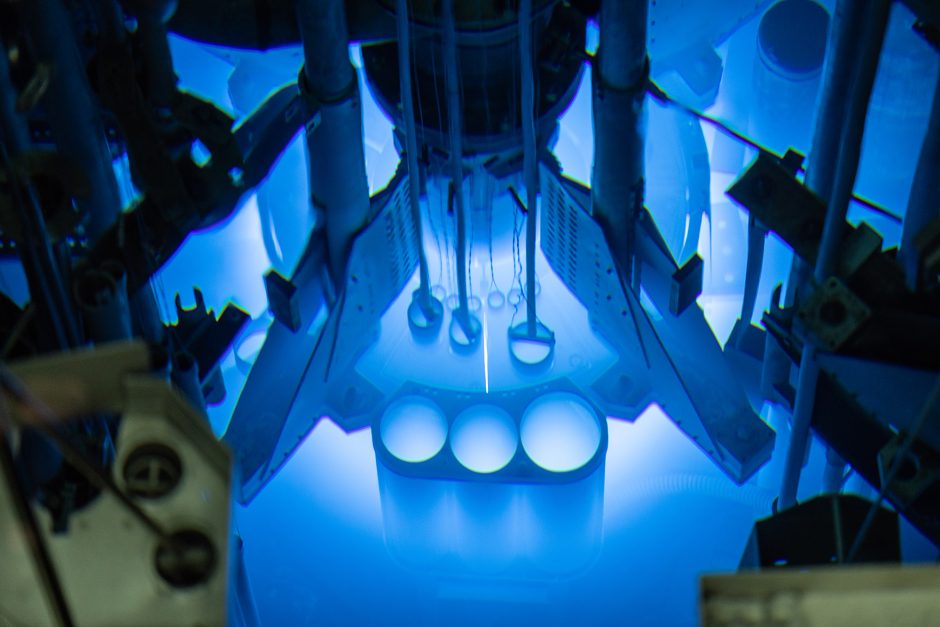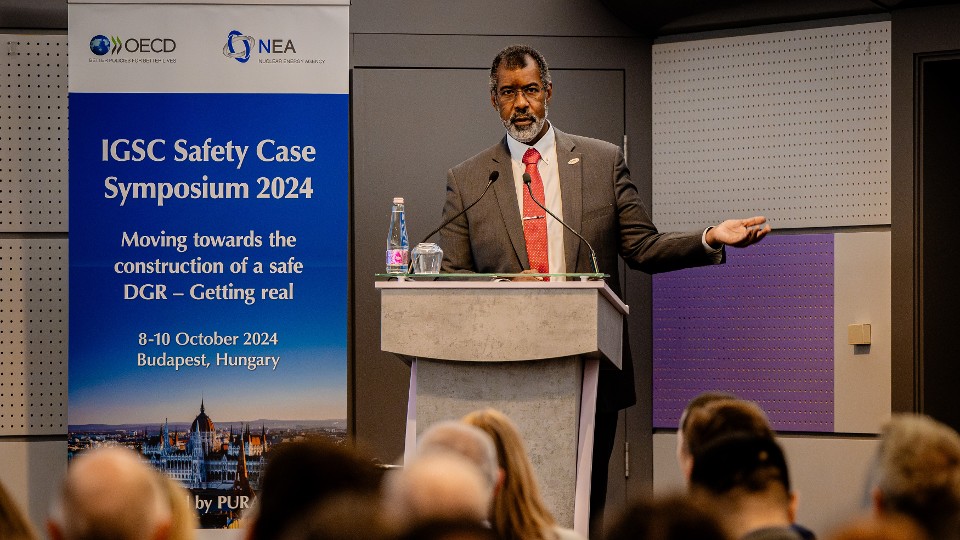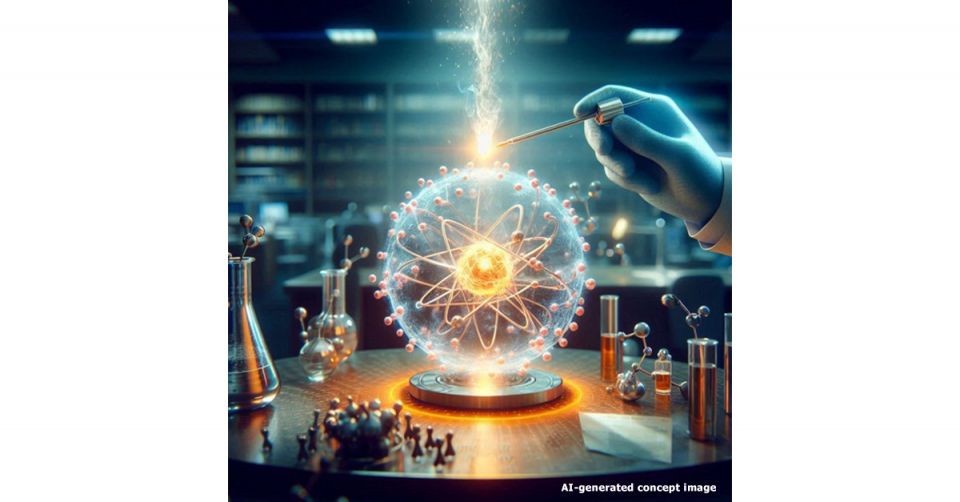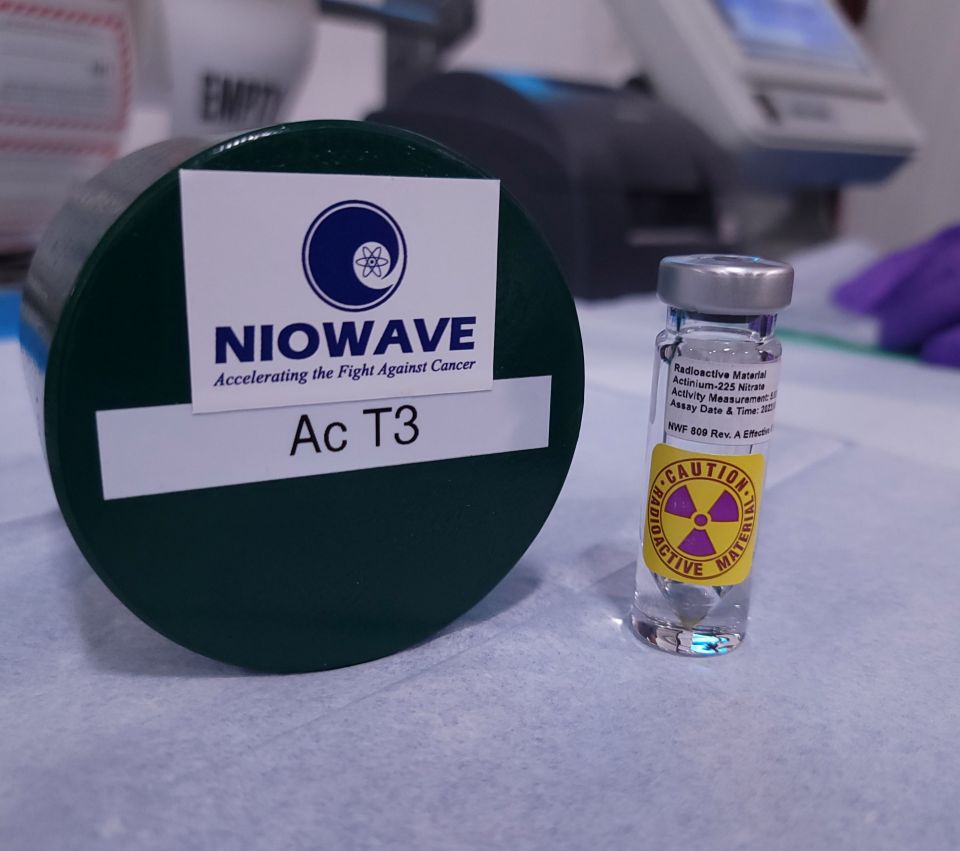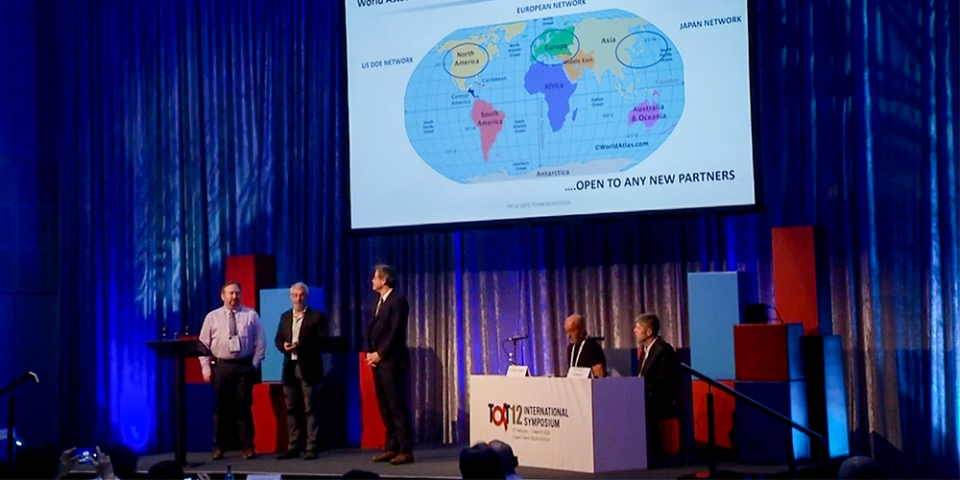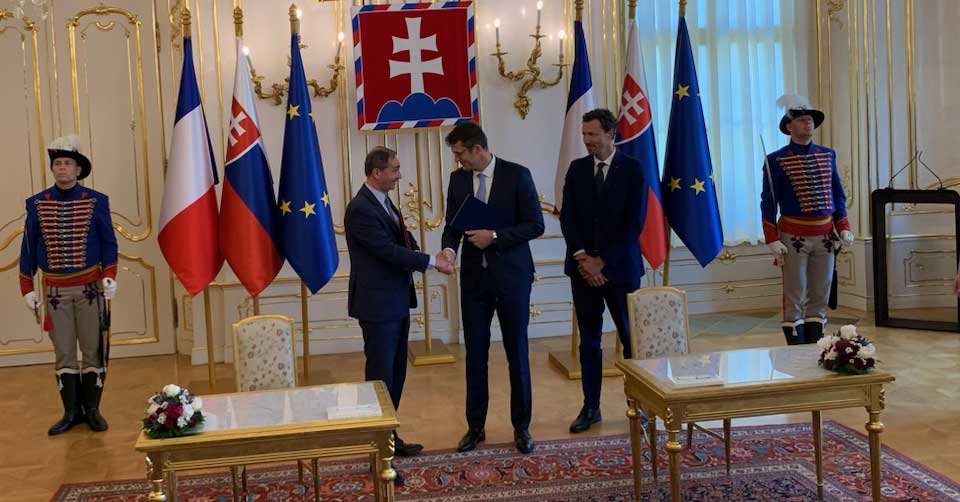“Joining Nuclear Medicine Europe is a significant step for MURR,” said Matt Sanford, executive director of MURR. “This membership helps us contribute more effectively to the global nuclear medicine community and collaborate to ensure we are able to provide the treatments that are helping patients every day.”
Nuclear Medicine Europe: Nuclear Medicine Europe, which has executive offices in Brussels, Belgium, can trace its roots back to the mid-1980s and took its current name in 2019. The organization promotes the “economic and/or commercial interests” of its members in the field of imaging and therapy with molecular and radioactive tracers by increasing awareness of the benefits of nuclear medicine.
As a member of Nuclear Medicine Europe, MURR will collaborate with European institutions and companies to further research, production, and application of radiopharmaceuticals.
“The University of Missouri Research Reactor is a key, global supplier of medical and research radioisotopes, and we are delighted to have them join the association,” said Mart-Jan Blauwhoff, president of Nuclear Medicine Europe. “Their expertise and resources will be a valuable addition to our collective efforts in advancing nuclear medicine and improving patient outcomes.”
New capacity: The 10-MW MURR began operating in 1966, and in 2017 it received a 20-year operating license extension from the Nuclear Regulatory Commission. In October 2023, the university celebrated the start of construction of MURR West, a $20 million, 47,000-square-foot addition to the MURR facility. The expansion is expected to expand MURR’s research and medical isotope production space.
Still more research and isotope production capacity is set to be gained from a new 20-MW research reactor the university plans to construct in Columbia, Mo., known as NextGen MURR. When complete, NextGen MURR “will be an essential producer of medical radioisotopes to industry partners worldwide,” according to the university.
“This association is an important step as we look ahead to NextGen MURR and the impact it will have on the global supply chain,” Sanford said. “The need for isotopes is growing, and Mizzou is engaging with partners around the world to ensure patients have lifesaving treatments now and for decades to come.”
